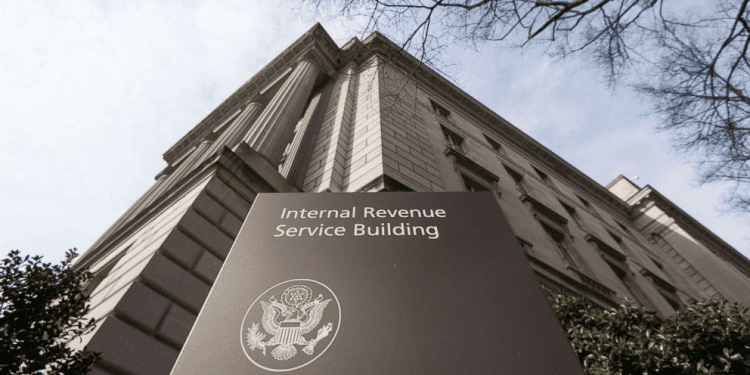2021 was a record-breaking year in crypto as the total market cap hit a high of nearly $3 trillion, with the OG, Bitcoin, topping off at $69,000.
For the last six months, a continuous downtrend has tanked token values, and the overall sentiment is now fear.
During the bull market, US crypto investors filed staggering gains with the IRS (Inland Revenue Service) for the 2021 tax season, but now that payment is due, for many, their failure to make adequate provisions or consider the possibility of a market decline, don’t have the money to pay.
Worst market downtrend in history
Since its peak in November 2021, total crypto market capitalization topped at $1.812 trillion, representing a -61% drop in market value.
The situation accelerated in May following the UST stablecoin de-peg. This de-ped saw the collapse of the Terra ecosystem and wreaked havoc among investors who bought into the project.
Clinton Donnelly, the founder of tax specialists CryptoTax Audit, said the impact of the drawdown “is the biggest issue in crypto right now.” Several of his clients are “terrified” about meeting tax obligations, having lost more than what they owe to the IRS.
“We have several clients who have just gotten wiped out, and they’re just terrified.”
In one case, a client traded cryptos to make a $700,000 profit in the 2021 tax season. But at no point did he think to cash out funds and make provisions for his tax obligations. Now, with a significant chunk of his gains gone, he’s feeling panicked over what to do next. Donnelly said:
“They don’t really know how to go forward on preparing the tax return. It’s a serious ethical quandary.”
The disconnect between digital assets and reality
Commenting on the situation, crypto tax lawyer Andrew Gordon echoed Donnelly’s account, saying he too receives daily phone calls from distressed crypto investors in the same predicament.
Part of the problem is that crypto investors tend to be “younger and less knowledgable about finance” compared to traditional stock investors. It doesn’t help that some crypto trading apps, such as Robinhood, gamify cryptocurrency trading, which Gordon thinks creates a disconnect between trading and real-life consequences.
“They’re just playing around on some app and now they’re going to owe massively on taxes.”
Gordon advises people in this situation to contact the IRS and “settle” for an amount the agency determines should be paid. Alternatively, enter a payment plan and pay down a set percentage periodically.














